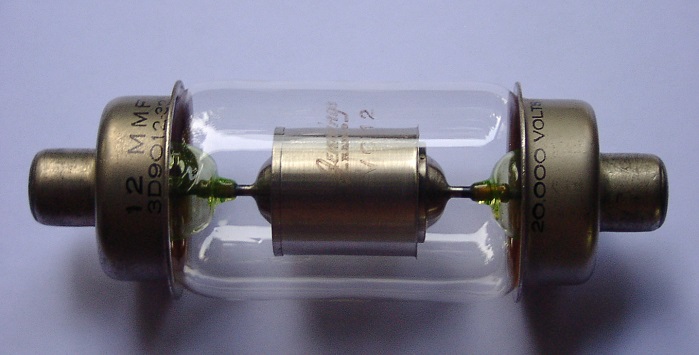The radioactive materials were found in an apartment in Kobuleti, a small resort town on the Black Sea, 50 kilometers shy of Georgia`s Turkish border.
Police said that the smugglers planned to sell uranium 238 and uranium 235 for $3 million, but did not indicate the materials’ provenance or whether they had determined the identities of the prospective buyers. One of the arrestees` lawyers, Tamila Kutateladze, claimed that her client had only received an image on his cell phone that showed the substances and had forwarded it. She did not state to whom.
The five men are now in pre-trial detention.
Over a week earlier, police reported arresting three Georgians and three Armenians for smuggling uranium potentially worth $200 million. The source of the substance was not mentioned. Armenia has the Caucasus region`s only nuclear power plant, the Soviet-era Metsamor station.
Georgia also has been on the radioactive-cesium traffic route, with a batch of cesium-137, a byproduct of nuclear fission, intercepted in January. Last year, Turkish border officials caught two Georgian citizens who carried cesium into Turkey.
It is unclear how uranium smuggling this year has become such a thing, but Georgia and Armenia are not the only potentially interesting targets for smugglers.
Armenia, Georgia`s southern neighbor, borders on the nuclear state of Iran, while Georgia borders on the similarly endowed Russia. Neighboring Azerbaijan, positioned between Iran and Russia, a few years ago announced an interest in "peaceful" nuclear research, but, so far, no progress is known to have been made in this area.
As the travel corridor for anyone headed by land from the South Caucasus or Russia into Turkey, Georgia has received international assistance in upgrading its border control. Several years ago, the US` Georgian Border Security and Law Enforcement program provided border crossings with monitors that can detect radioactive substances.
But, obviously, smugglers are not likely to just pass through border control when traveling with radioactive luggage. How closely Georgia can keep an eye on the often highly remote areas along its borders is not clear.
More about:
















































